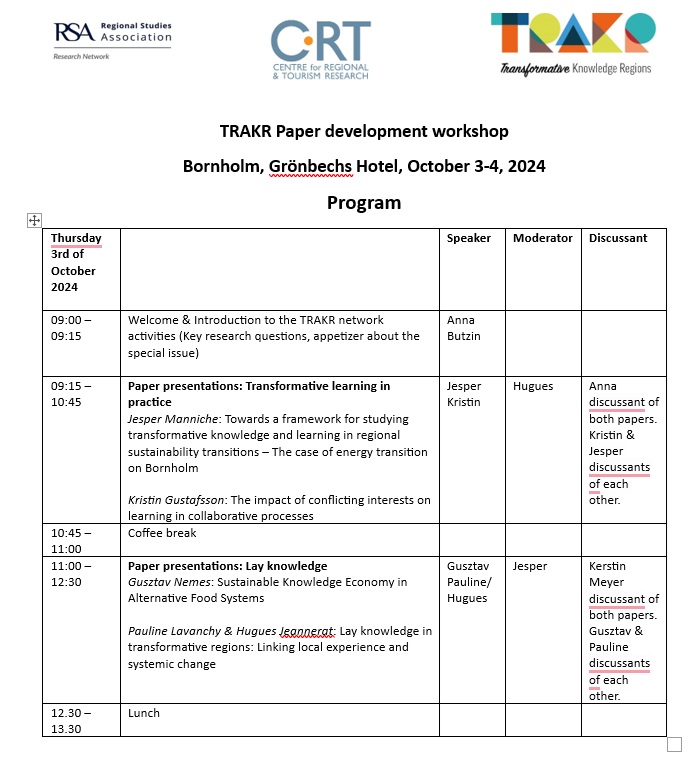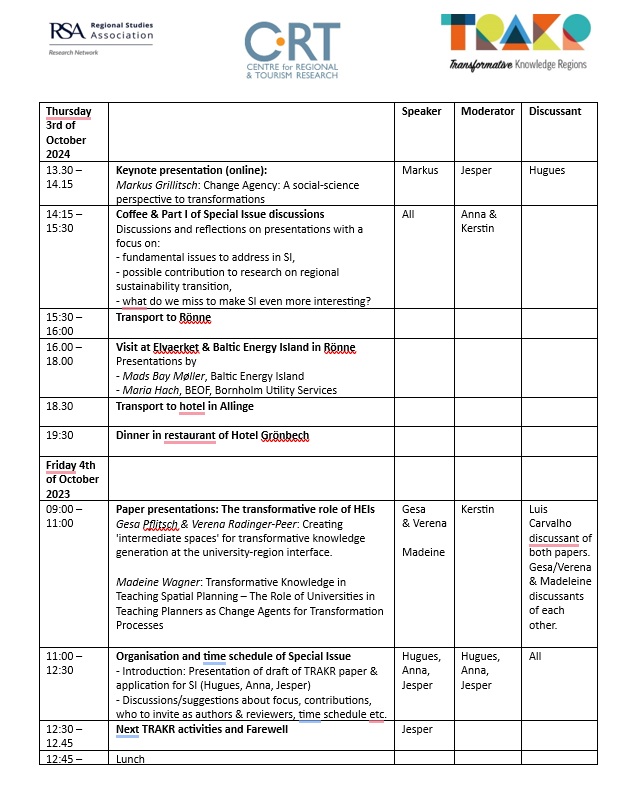RSA Events – Event Report – Paper development workshop by Transformative Knowledge Regions (TRAKR)
By Jesper Manniche (email), Anna Butzin, Hugues Jeannerat, Luis Cavalhos, Pauline Lavanchy and Kerstin Meyer.
About RSA Research Network on Transformative Knowledge Regions (TRAKR)
Research Network summary
This research network explores the conceptual, methodological, empirical, and policy dimensions of the recent shift from knowledge-intensive to “transformative knowledge regions”. By doing so, it seeks to renew the understanding of knowledge as an asset in regional development in light of ongoing sustainability transitions. The network brings together scholars of the geography of knowledge and sustainability transitions and established and early career researchers.
Aims and ambitions of the Research Network
In 2000, the European Commission launched the Lisbon Agenda, seeking to make Europe “the most competitive and the most dynamic knowledge-based economy in the world” (European Council 2000). This agenda had a significant impact on regional development strategies, such as smart specialisation (Trippl et al.2020), which focuses on supporting knowledge-intensive sectors, organisations, and activities, e.g., research and development.
Twenty years after launching the Lisbon Agenda, the EU Green Deal policy (European Commission 2019) requires reconsidering profoundly the role of knowledge in regional development and its dynamics of generation and use within and across places from a critical and renewed perspective. While the Lisbon agenda sought to enhance the intensity of knowledge creation and sharing to foster innovation driven by market competition and selection, the current Green Deal policy defines expected directions for innovation that should transform the economy and the society towards more sustainable ways of production, consumption and living. This is the background and starting point of this RSA research network.
Report
The event was the second workshop organised by the TRAKR research network. TRAKR aims to renew the understanding of knowledge and knowledge dynamics as assets in regional development in the light of ongoing sustainability transitions. After a first workshop dedicated to the conceptualisation of transformative knowledge regions and two RSA webinars on methodological issues, this second workshop was focussed on paper development and discussion of the opportunity for a common Special Issue of a scientific journal.
10 attended in person, 3 attended online, representing seven European countries.
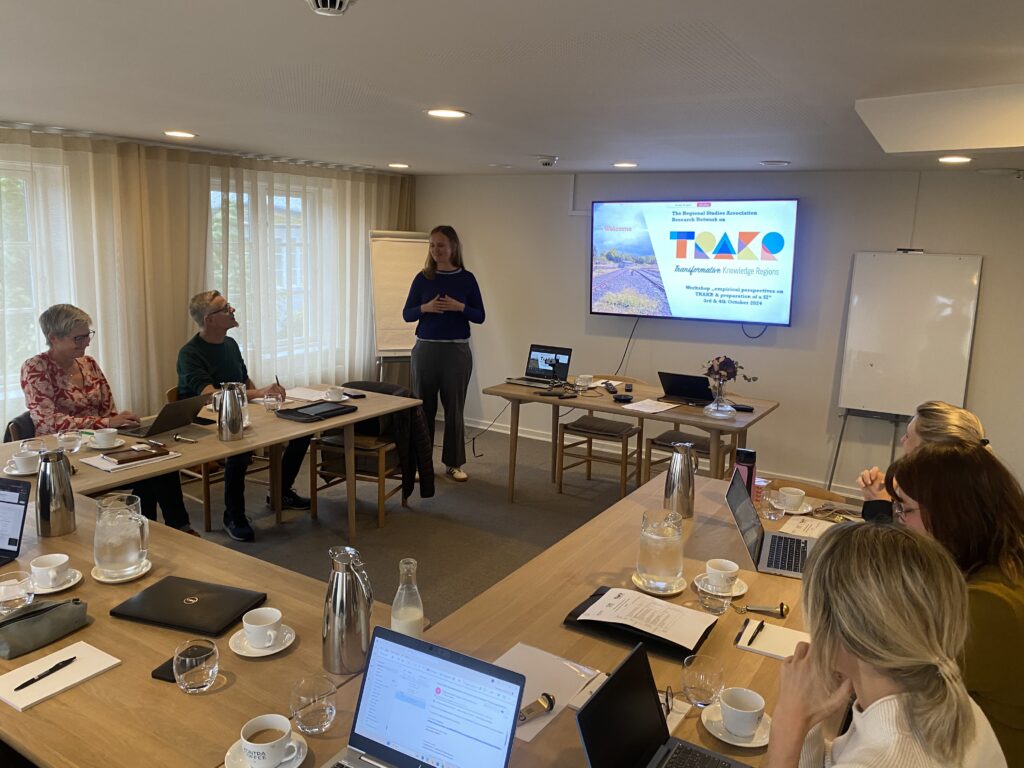
As said before, the workshop targeted the development of papers for a special journal issue planned for by the TRAKR organizers and with the title of ‘From knowledge-intensive to transformative knowledge regions’. Seven papers were selected for presentation and common discussions:
- Jesper Manniche & Andreas Skriver Hansen: Towards a framework for studying transformative knowledge and learning in regional sustainability transitions – The case of energy transition on Bornholm
- Kristin Gustafsson: The impact of conflicting interests on learning in collaborative processes
- Gusztav Nemes (online presentation): Sustainable Knowledge Economy in Alternative Food Systems
- Pauline Lavanchy & Hugues Jeannerat: Lay knowledge in transformative regions: Linking local experience and systemic change
- Gesa Pflitsch & Verena Radinger-Peer: Creating ‘intermediate spaces’ for transformative knowledge generation at the university-region interface.
- Madeine Wagner: Transformative Knowledge in Teaching Spatial Planning – The Role of Universities in Teaching Planners as Change Agents for Transformation Processes
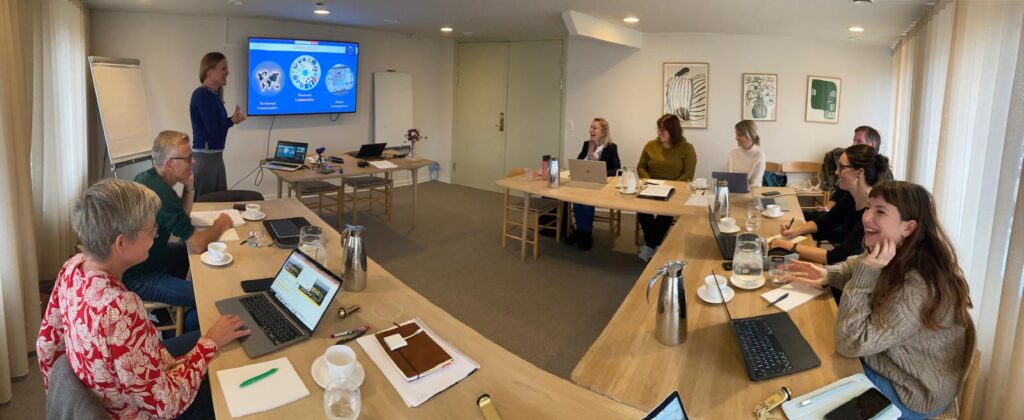
Besides these six paper presentations, a keynote speech by a leading scholar within Geography of Sustainability Transition was delivered online:
- Markus Grillitsch: Change Agency: A social-science perspective to transformations.
A study trip was organised to Elvaerket in Rönne/Bornholm, October 3, 4-6 pm., including two presentations to hear about the visions and activities regarding local energy transitioning of two public organisations on Bornholm:
– Mads Bay Møller, Baltic Energy Island
– Maria Hach, BEOF, Bornholm Energy Utility Services
A social dinner and two lunches for all attendees were organised during the workshop.
Discussions focused on the individual paper presentations and how to improve and align them for inclusion in a common journal special issue, planned for by the TRAKR organisers to be submitted in early 2025. Key issues for workshop discussions regarded the (interaction of) varying forms of ‘transformative’ knowledge and knowing involved in system-level change and paradigm shifts, the possible role and obstacles of universities in the creation and diffusion of such, and how “regions” and local ecosystems may facilitate transformative learning and system transition.
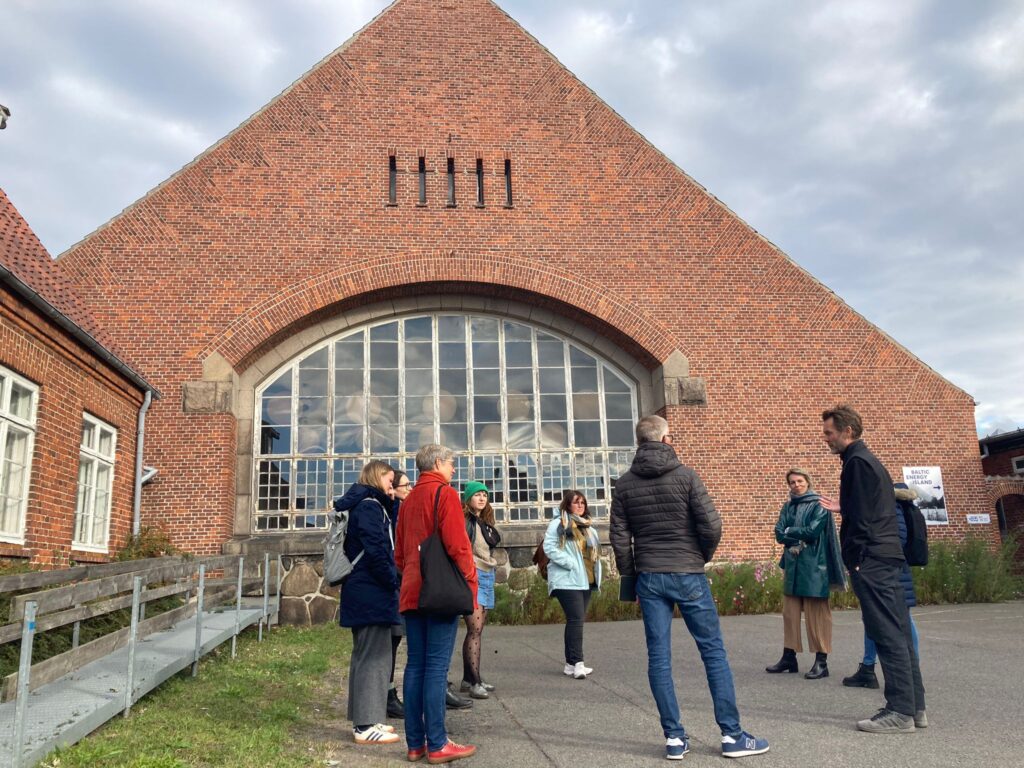
Building on the paper abstracts, presented at the Bornholm workshop, as well as abstracts from other researchers connected to the TRAKR network, the TRAKR organizers applied the RSA journal Regional Studies by February 2025 with the title of ‘From knowledge-intensive to transformative knowledge regions’. The application was conditionally accepted, and the submission of a final application is under preparation.
At the Bornholm workshop, the TRAKR organizers informed participants about the third, planned TRAKR event, a special session at the annual RSA conference in Porto, May 2025 (SS37 ‘Understanding Transformative Knowledge Regions’). Bornholm participants agreed to plan for attending the RSA conference for another round of paper development, and five of the papers presented on Bornholm were also presented in the SS37 in Porto.
The Bornholm workshop was promoted via
- mailing amongst the TRAKR network of associated researchers
- personal networks and LinkedIn/Research Gate posts of the six TRAKR organizers
- websites and social media posts of the organizers’ university organisations
- The website of RSA
- an article to RSA’s Regions e-Zine (DOI: New RSA Research Network: Transformative Knowledge Regions).
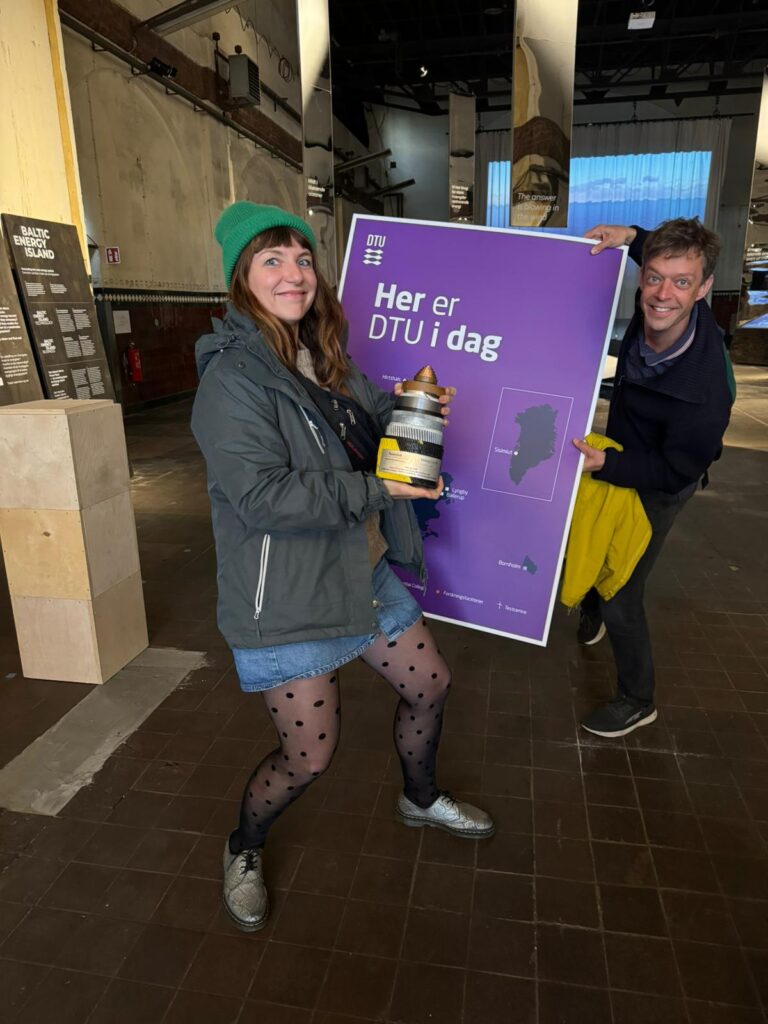
About the Author of this Report
Jesper Manniche, PhD, is a senior researcher at the Centre for Regional and Tourism Research. His research interests include rural development and policy, business and social innovation, sustainability transitions, and knowledge creation and sharing.
RSA Research Network on Transformative Knowledge Regions (TRAKR)
By Jesper Manniche (email), Anna Butzin, Hugues Jeannerat, Luis Cavalhos, Pauline Lavanchy and Kerstin Meyer.
TRAKR Paper development workshop, Bornholm, Grönbechs Hotel, October 3-4, 2024
Program
